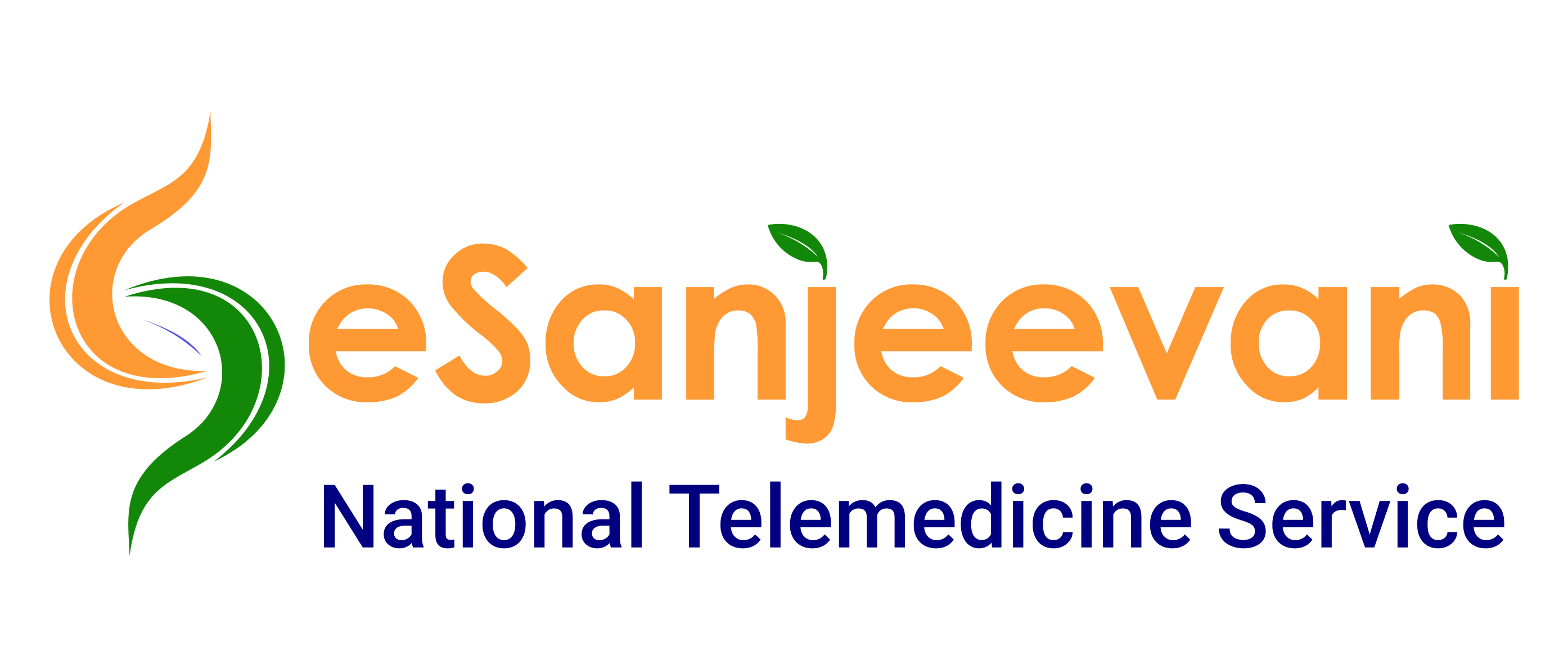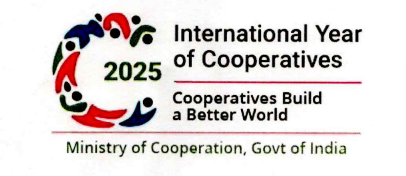Submitted by admin1 on
770 District NCD Clinics, 372 District Day Care Centres, 233 Cardiac Care Units, and 6410 Community Health Centre NCD Clinics have been set up under National Programme for Prevention and Control of Non-Communicable Diseases
2047 types of medicines and 300 surgical devices including cardiovascular, anti-cancer, and anti-diabetic drugs have been brought under the basket of Pradhan Mantri Bhartiya Janaushadhi Pariyojana
Posted On: 13 DEC 2024 4:27PM by PIB Delhi
The Department of Health and Family Welfare, Government of India, provides technical and financial support to the States and Union Territories under the National Programme for Prevention and Control of Non-Communicable Diseases (NP-NCD) as part of the National Health Mission (NHM). The programme focuses on strengthening infrastructure, human resource development, early diagnosis, referral to an appropriate healthcare facility level for treatment and management, and health promotion and awareness generation for the prevention of Non-Communicable Diseases (NCDs) including cervical cancer. Under NP-NCD, 770 District NCD Clinics, 372 District Day Care Centres, 233 Cardiac Care Units, and 6410 Community Health Centre NCD Clinics have been set up.
A population-based initiative for screening, management, and prevention of common NCDs has been rolled out as a part of comprehensive Primary Health Care in the country under the National Health Mission (NHM). Screening of these common NCDs is an integral part of service delivery.
In the community, Accredited Social Health Activist (ASHA) plays a pivotal role in spreading awareness about NCDs. ASHAs educate individuals and families on the importance of adopting healthy lifestyles, including nutritious diets, regular physical activity, and avoidance of tobacco and alcohol. ASHAs emphasize the significance of early detection through regular health check-ups and screenings, enabling timely intervention through home visits, group meetings, and participation in health campaigns.
Further, initiatives for increasing public awareness about NCDs and for the promotion of healthy lifestyle include observance of health days related to NCDs, use of print, electronic and social media for continued community awareness. Financial support under the National Health Mission (NHM) for awareness generation activities for NCDs is provided to States/Union Territories as per their Programme Implementation Plans (PIPs).
Healthy eating is promoted through the “Eat Right India movement” of Food Safety and Standards Authority of India (FSSAI). The “Fit India movement” is implemented by the Ministry of Youth Affairs and Sports. Various Yoga-related activities are carried out by the Ministry of AYUSH.
The Central Government has taken several initiatives to supplement the efforts of the State to provide quality and affordable healthcare services to the people and reduce Out-of-Pocket Expenditure (OOPE). Under the National Health Mission, the Government has taken many steps towards universal health coverage, by supporting the State Governments in providing accessible and affordable healthcare to people.
The National Health Mission provides support for improvement in health infrastructure, availability of adequate human resources to health facilities, to improve availability and accessibility to quality health care, especially for the underserved and marginalized groups in rural areas. National Free Drugs Service initiative and Free Diagnostic Service has been rolled out to ensure the availability of essential drugs and diagnostic facilities and reduce out-of-pocket expenditure of the patients visiting public health facilities.
NCDs are diagnosed and treated at various levels in healthcare facilities. The treatment in Government Hospitals is either free or highly subsidized for the poor and needy. Treatment of major NCDs is also available under the Ayushman Bharat – Pradhan Mantri Jan Arogya Yojana (PM-JAY). This scheme provides health cover of Rs. 5 lakh per family per year for secondary and tertiary care hospitalization to approximately 55 crore beneficiaries corresponding to 12.37 crore families, constituting the bottom 40% of India’s population. The Central Government has also recently approved health coverage for all senior citizens of age 70 years and above irrespective of their income under PM-JAY.
Pradhan Mantri Bhartiya Janaushadhi Pariyojana (PMBJP) Scheme was launched to set up dedicated outlets known as Pradhan Mantri Bhartiya Janaushadhi Kendras to provide quality generic medicines at affordable prices. As of 21st October 2024, over 14,000 Janaushadhi Kendras have been opened acrtoss the country. Under PMBJP, 2047 types of medicines and 300 surgical devices have been brought under the basket of the scheme including cardiovascular, anti-cancer, and anti-diabetic drugs.
Affordable Medicines and Reliable Implants for Treatment (AMRIT), an initiative launched by the Ministry of Health & Family Welfare, aims to provide affordable medicines for the treatment of cancer, cardiovascular and other diseases. As of 30th November 2024, there are 218 AMRIT Pharmacies spread across 29 States/Union Territories, selling more than 6,500 drugs (including cardiovascular, cancer, diabetes, stents, etc.), implants, surgical disposables, and other consumables at significant discounts up to 50% on market rates.
The Union Minister of State for Health and Family Welfare, Shri Prataprao Jadhav stated this in a written reply in the Lok Sabha today.
****
MV
HFW/ Steps taken by the govt to reduce NCDs/13 December 2024/1
Read this release in: Urdu , Hindi






 स्वास्थ्य एवं परिवार कल्याण मंत्रालय
स्वास्थ्य एवं परिवार कल्याण मंत्रालय 





























